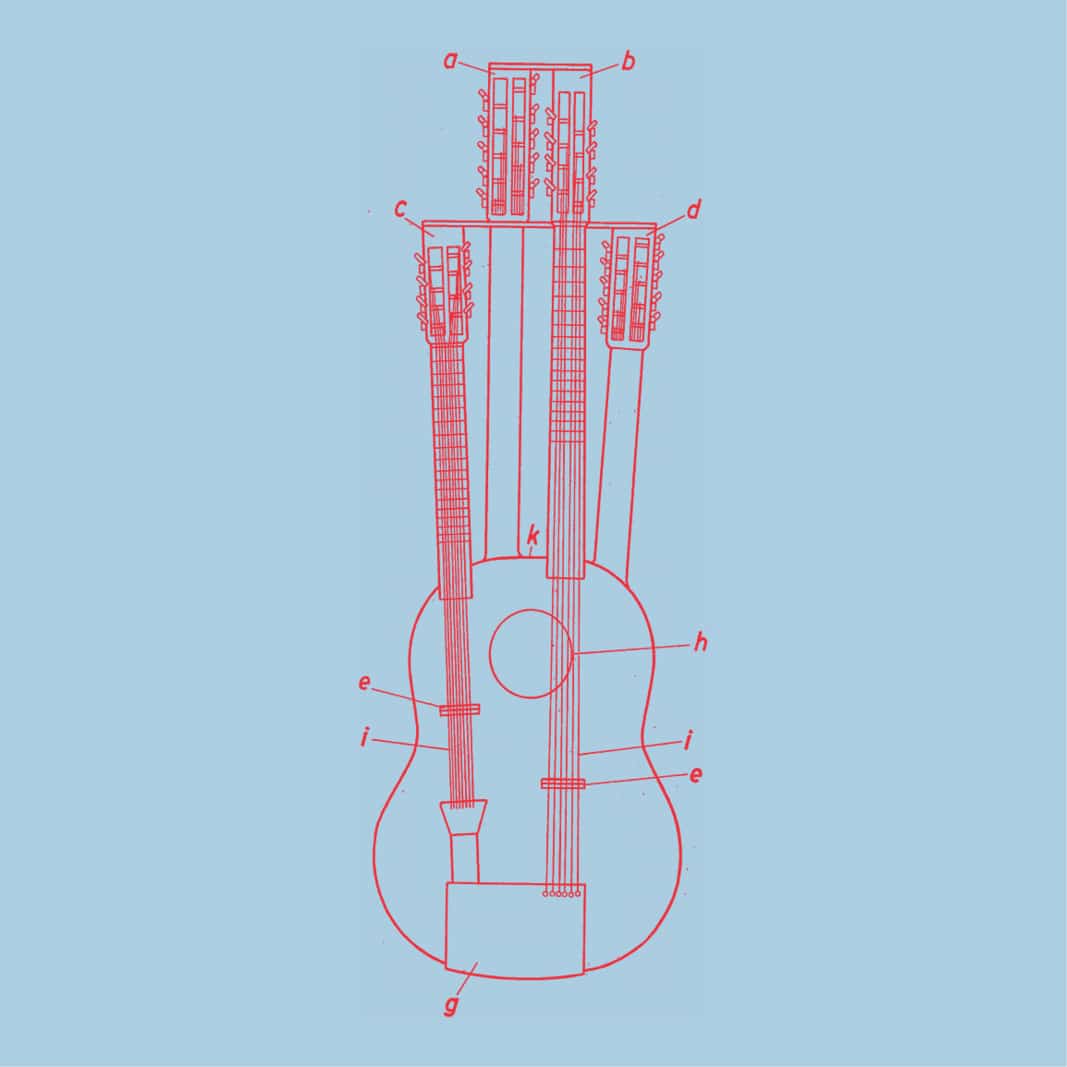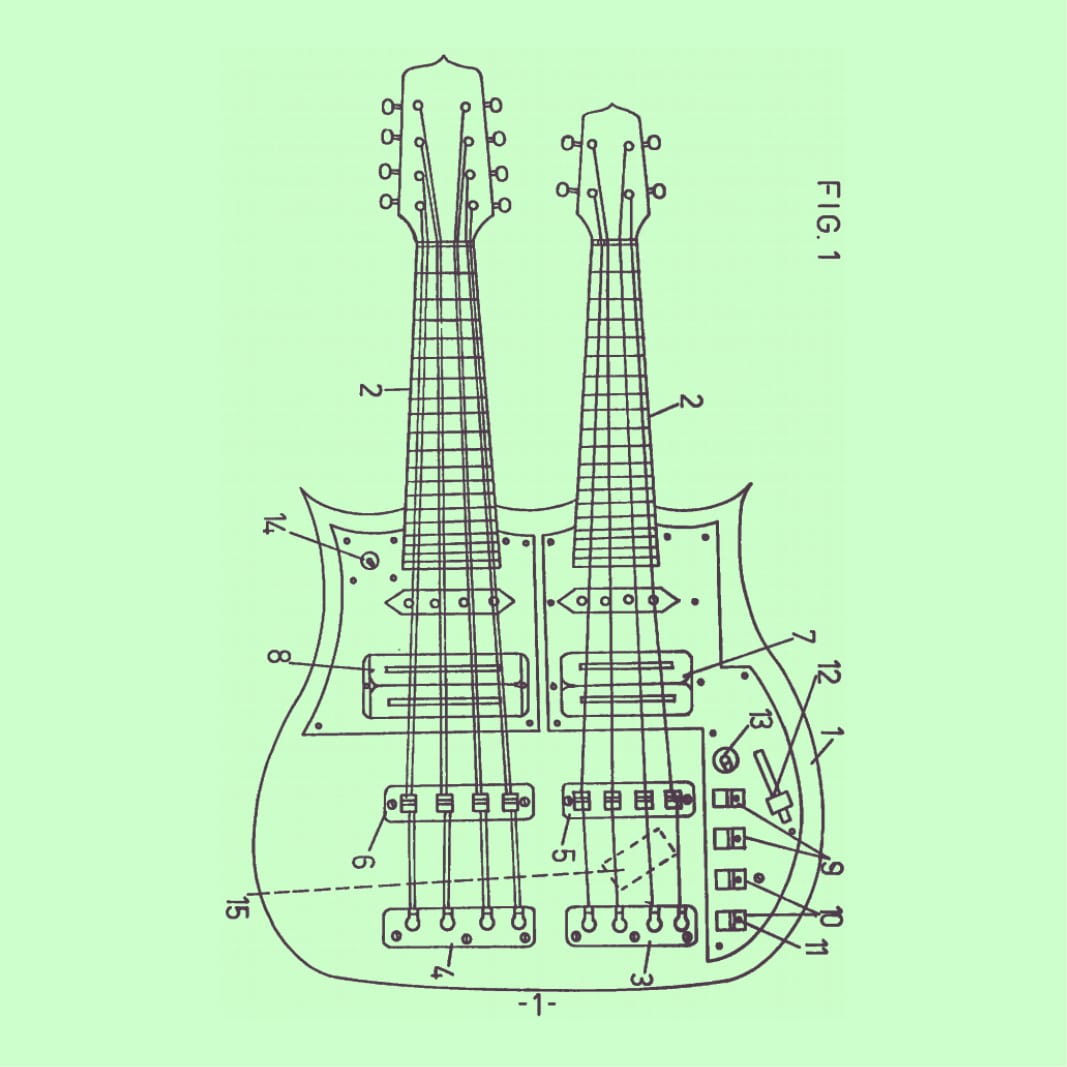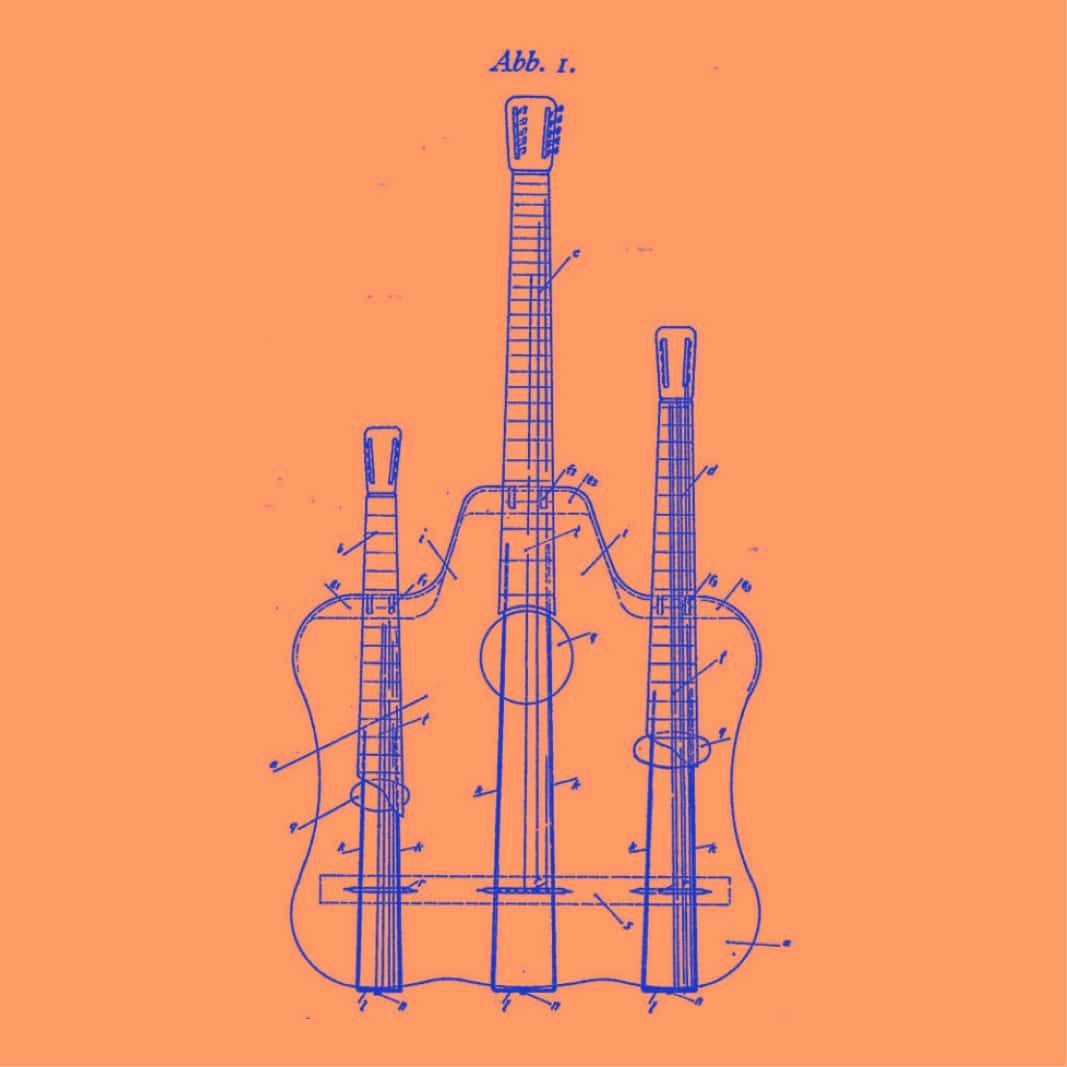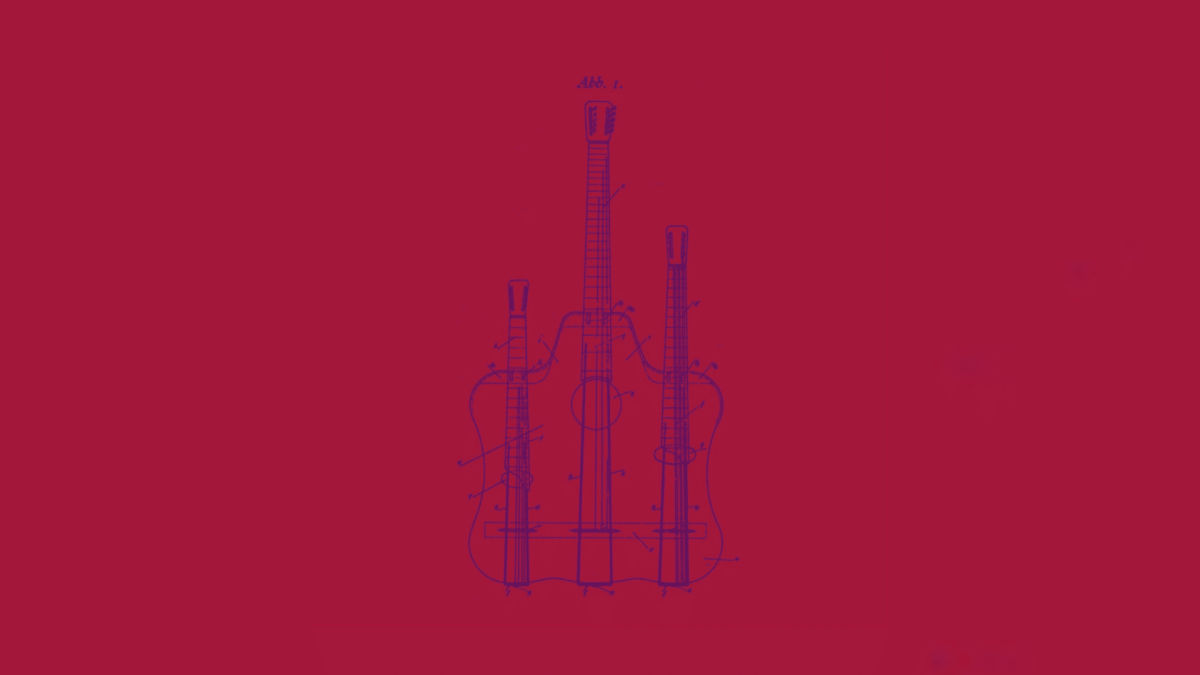Recognition is a basic neural pleasure. The first five notes of “Parsifal” are thrilling if we expect the sixth, an agonized A-flat. Something similar is at work with names like Bejun Mehta, Ken-David Masur, Kristjan Järvi, Michael Barenboim. On albums and concert posters, the names sound like transcendent concerts. They radiate prestige, competence, familiarity, proximity to greatness. “And he’s happy to talk about his father,” a publicist once wrote in an email offering me an interview with Michael Barenboim.
Classical musicians who are named after their instantly-recognizable parents are rare. More common are dynasties who subsist close to the top of the profession for generations. For a first-generation classical musician, discovering who is related to whom can be like accidentally stumbling on the kind of fictional society whose members politely rule the world. On Leonard Bernstein’s 100th birthday, the composer Gabriel Kahane, son of the pianist and conductor Jeffrey Kahane, tweeted, “I will always know you as the man who danced the Horah around my father in red bikini underwear with a scotch in one hand, a cigarette in the other, all while singing the main theme of the finale of the Brahms Piano Quintet with a heavily Hebraic lilt.” To the outside world, Bernstein was unapproachable. Inside the club he was just a particularly eccentric friend.
At second glance, many people at the center of classical music life grew up immersed in the culture. To name just a few: the composer John Corigliano’s father, John Sr., was the concertmaster of the New York Philharmonic and a friend of Samuel Barber. Andreas Ottensamer, principal clarinet of the Berlin Philharmonic, is the son of the late principal clarinet of the Vienna Philharmonic (a post Ottensamer’s brother now holds). The parents of the cellist Alisa Weilerstein and the conductor Joshua Weilerstein perform together in the Weilerstein Trio, an ensemble in residence at the New England Conservatory of Music. Nadia Sirota, the violist and host of “Meet the Composer,” is the daughter of Robert Sirota, a composer and conductor. Matthias Schulz, the artistic director of Berlin’s Staatsoper, recently told a local newspaper that, for his five children, playing an instrument “was as natural a part of their daily routine as brushing their teeth.”
Every classical musician who is not from a musical background has a different story of how their interest in the art was sparked. But for most of them, their early forays into music were baffling and awkward: more like riding a unicycle than brushing their teeth. The barriers of entry that classical music puts up against people of color and from working-class backgrounds are often discussed (though not always with clarity). The difficulties faced by first-generation musicians overlap, but are harder to unravel. They play themselves out in tenuous musicianship skills, in educational paths not taken, in careers that stall because of networks, not ability.

Coming from a musical family can look like many different things. (“My parents weren’t musicians, but they had a hobby string quartet at home,” the composer Jörg Widmann has said, which seems like a flat contradiction.) But when parents are familiar with classical music, whether they are professionals or enthusiastic amateurs, kids get started on instruments early. That allows them to develop their skills naturally through play, the way children soak up languages in multilingual environments. “There was no pressure at home. It was all a game,” the countertenor Bejun Mehta told VAN. “I started singing as a choir boy and made some records as a soloist, but it was still all a game.” For first-generation classical musicians, the desire to make music was often strange to their families. Maria Kallionpää, a composer, pianist, and VAN contributor, grew up in a small town called Ulvila in southern Finland. She saw an orchestra concert on TV and told her mother she wanted to learn to play the violin. “It’s not going to sound like that,” her mother replied. Darragh Kelly, an Irish composer who lives in London, grew up working class: his dad was a butcher and later worked in retail, and his mom was a secretary. Kelly didn’t get music lessons as a child, so he tried to teach himself the piano as an adult. He hacked his way through Elgar’s “Nimrod Variations,” making mistakes, which then solidified, because there was no one to correct him. Because of his late start, Kelly told me, he struggles to imagine complex, multilayered music in his head.
To first-generation classical musicians, the educational opportunities that lead to a career in the genre can seem mystifying. But the choice of an early teacher is essential. The right pedagog can instill a kid with good habits: correct posture, an effective approach to practicing, a love of the repertoire. The effects of a bad one can be felt decades later. Kallionpää’s first piano instructor, a housewife who gave lessons to all the kids on her street, neglected to teach technique, which Kallionpää needed to correct with physically painful work in her early teens. Richard Baker, a composer who grew up in Staffordshire and now lives in London, told me there was no one around who could tell the difference between a good and a bad teacher when he was growing up. “Nobody in my environment knew anything about classical music,” he said. “My parents were incredibly deferential to any musician.”
Classical music’s array of educational opportunities often seem both de rigueur and exclusive, not to mention expensive. Diljeet Bhachu, a flutist who grew up in Glasgow, Scotland in a family of Punjabi origin, didn’t know conservatories of music or youth orchestras existed until she had arrived at university. When she showed up to her first rehearsal with the student orchestra, she said, “I was in awe that so many people already knew each other from youth orchestras.” Conrad Winslow, a composer who was raised in Homer, Alaska, and now lives in Berlin, went to the Brevard Music Festival when he was 16, after his piano teacher organized a town-wide fundraiser to cover his tuition fee. He remembered it as a wake-up call: “You don’t get to play with classical music. You have to shed your skin, to become a monk.” Even when first-generation musicians are able to figure out what masterclasses, youth ensembles, and conservatories bring them further professionally, they are often met with incomprehension by their environment. When Maria Kallionpää told the guidance counselor at her high school that she wanted to study at the exclusive Sibelius Academy in Helsinki, the guidance counselor called her parents to ask if she was joking.
Once musicians from non-musical families do make it to higher education, they are met with a new set of challenges. Ear training, the identification and labeling of intervals, harmonies, and melodic lines, is something that the children of musicians tend to master through osmosis. For first-generation musicians it is a nasty crucible. Alex Piasente, a countertenor, harpsichord player, and opera director, grew up near Stuttgart, Germany. A local opera choir and his interest in baroque music meant that he got a solid music-theoretical background as a teenager; but when he began his studies at the conservatory in Stuttgart, it was only on the condition that he retake the ear training entrance examination at the end of his freshman year. “The beginning of conservatory was horrible, I cried so often,” he said. “I thought I’d never manage.” He confided in his fellow students about his struggles, but they couldn’t believe that he had trouble with exercises they found so easy. Other secondary classes at the college level can prove equally difficult. Alicia Maloney, an oboist based in Washington, D.C., remembered struggling with her piano skills course. She had never touched a piano before she turned 18.

After conservatory, one decisive factor for the trajectory of a musical career is the performers’ network. People from musical families have a natural advantage as their birthright. Michael Barenboim’s biography notes that he “celebrates a long history of collaboration with the late Pierre Boulez.” That’s a claim only a handful of people in the world can make. Beyond ability—which performers from musical families so often have—success in classical music requires what Diljeet Bhachu called “an implied knowledge of systems.” She told me, “It’s quite telling that I don’t work in typical classical music environments,” instead collaborating and improvising with experimental performers. “The symphony is a culture,” said Conrad Winslow. “You have to speak its language fluently.” As a first-generation classical musician, building a network is a lot like being a young queer person, moving to a city, and trying to create a family of choice, he noted. “You have to find your own compass, knock on a lot of doors, and make yourself look foolish and ungraceful.”
The alleged elitism of classical music is a tired trope, but practitioners from musical families need never doubt that the music belongs to them. For first-generation classical musicians, that sense of ownership has to be established despite rude comments of concertgoers, the condescension of more experienced peers or teachers, or indifferent families. The London-based cellist Matthew Forbes told me, “The day I got my scholarship to the Royal Academy of Music, my school music teacher congratulated me with maximum disdain for ‘proving I had a functioning spinal column.’ There’s a bit of me that still hurts. There’s a bit of me that still believes that.” Bhachu remembered an orchestra conductor in college saying that everyone would know a certain piece because it was always playing on Classic FM. Since nobody at home listened to classical music, she didn’t know the radio station, let alone the piece. When Richard Baker got one of his first major conducting gigs, as a substitute for Ilan Volkov, members of his family politely congratulated him, but not a single person showed up to the concert. His musical career “was a very dislocating experience for me and my family,” he said.
For first-generation classical musicians, musical struggles are often compounded by societal ones. Finland’s cultural life is concentrated in Helsinki, and children from outside the capital are at a disadvantage no matter the field, Maria Kallionpää noted: “Children from cultural families started on square one. I had to figure out how to get on the game board.” Still, her father is a retired dentist with his own practice, and she pointed out that as difficult as her path to classical music was, she had the advantage of coming from an upper middle class, educated family. For musicians of color or those from working class backgrounds, the way is even more fraught. “If you come from a musical family, they are already aware what the financial commitment will be if you become passionate about pursuing it,” said Alicia Maloney, the oboist. In her case, pursuing a career on the instrument required making sure she could secure her finances. She got an education degree alongside her performance diploma, from Boston University. When Alex Piasente, who, like Maloney, was raised by a single mom, went to the Royal College of Music in London for his Masters’ degree in vocal performance, he encountered a colleague who proudly presented a family crest. The student came from a long line of Cambridge choral scholars. Piasente’s fellow students were always going off to expensive summer courses and masterclasses. “The cost was never an issue for them,” he said. “It was for me.”
Classical music fetishizes the idea of “natural” musicality, but no child is born knowing that it sounds good, say, to emphasize an appoggiatura and then diminuendo into the resolution. The specific knowledge that falls under the umbrella term “musicianship” must be learned. The children of musical parents master these skills early on at home. First-generation musicians, in contrast, must be told by someone about the elements of classical style. That might not happen until their teenage years; their first attempts at music-making are often flawed. But when we mistake a musician learning something very early for them never having needed to learn it at all, we fold socioeconomic and early-childhood advantages into talent, a concept so biased and nebulous as to be nearly devoid of meaning. Besides, “talented” musicians are also frequently the ones who slide frictionlessly into the prevailing musical values. (Think of prodigy composers Jay Greenberg or Alma Deutscher, who have had success writing effortlessly tonal music.) In order to survive, classical music needs first-generation musicians. They are the ones who bring the art form forward by questioning the assumptions it holds most dear.
When Alex Piasente sang in the Stuttgart Opera’s youth choir as a teenager, it seemed straightforward to him that Jennifer Walshe’s opera “Die Taktik” was a more profound work of art than Carl Maria von Weber’s “Der Freischütz” (a reasonable opinion he still holds). Since there was no one in his life who impressed on him the purported value of the canon, he was able to develop his own aesthetic preferences. For Josh Baerwald, a composer from Milwaukee, Wisconsin, whose dad was a firefighter and mom a restaurant owner, the freedom to start developing artistic preferences as a young adult was an advantage. He is also grateful that his parents allowed him time to play. “College was when I realized how much I didn’t know,” he said. “But it wasn’t discouraging.” Darragh Kelly added that his difficulty with certain musicianship skills freed him to explore more conceptual ideas in his works. As a composer from a working class background, he has decided to launch a London concert series featuring artists of color and from similar families as his own. Called Prole Art Threat, the series is slated for launch in 2020.
The skills required to become an outstanding classical musician are difficult, but often a world apart from the requirements of music-making in other genres. As a child learning recorder in elementary school, Diljeet Bhachu composed and made her own arrangements of the tunes. Today, she is more fluent in improvisation, memorization, and adjusting her playing to other kinds of musicians than most expert classical interpreters. First-generation musicians also have a way of specializing early and knowing certain repertoire with incredible depth, because they immerse themselves in the particular niches of classical music that speak to them. Baroque music specifically was one of Alex Piasente’s first passions. That meant he spoke the language of inversions and suspensions fluently before many of his conservatory colleagues knew what the little numbers of figured bass meant.

Performers from musical families get such a solid background that they often end up in conservatories by default. For them, classical music is the path of least resistance. First-generation musicians, however, have no sense of entitlement around a career in music to make them complacent. For Matthew Forbes, the cellist, not coming from a musical family meant he had the freedom to fail without disappointing anyone. “I still can’t quite believe that I’m actually earning a living making noises,” he said. The soul-searching that lifelong musicians sometimes go through during or after conservatory is also less pronounced in first-generation musicians. The fact that they are there means they already identified and followed a stubborn desire. “You’re not liable to burn out as fast,” Conrad Winslow told me. “You meet a lot of musicians who have been jumping through these hoops since they were children, and they finish conservatory, and they don’t know what they want to do.”
As a child, Winslow said, classical music felt like an undiscovered world. When he was 10 or so, Winslow’s father took him on a fishing trip to Kodiak Island, Alaska. “Would I be the first person to set foot here?” he remembers asking. He went on, “For me, music would be the uncharted territory. Later, I became aware of stepping into this deep river of the classical tradition. For so long, I thought it was possible to do something for the first time. Maybe that comes from not having been corrected. And there’s something beautiful about that. Maybe the muse lies in what goes uncorrected.” In a genre obsessed with doing things right, it’s liberating to have been uninhibitedly wrong.
For Richard Baker, music was also a hidden world. Nobody in his environment understood why he liked the strange, thorny, potent sounds (his mom once asked when he was going to write something “nice”). Instead of sharing his love of art with his family or siblings, instead of following in someone’s footsteps, Baker got music all to himself. It served as a kind of infinite refuge. “My relationship with music was entirely private and intense,” he said. “I was left alone to dream.” ¶
Subscribers keep VAN running!
VAN is proud to be an independent classical music magazine thanks to our subscribers. For just over 10 cents a day, you can enjoy unlimited access to over 875 articles in our archives—and get new ones delivered straight to your inbox each week.
Not ready to commit to a full year?
You can test-drive VAN for one month for the price of a coffee.


Comments are closed.